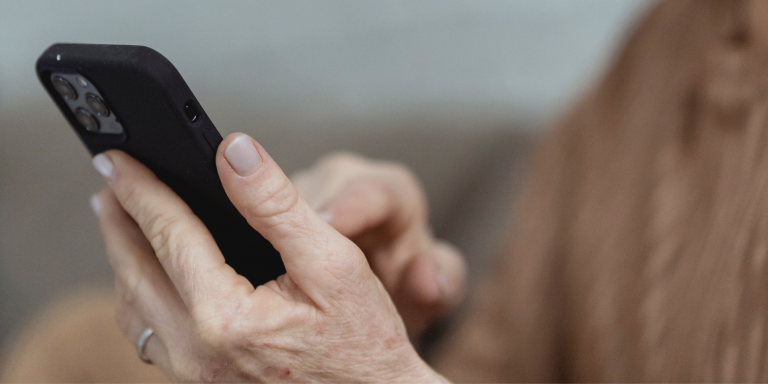
Ageism is age discrimination affecting young (especially in Europe) and aging people. The WHO, after publishing the “Global Report on Ageism”, in which it proposes strategies to prevent and counter ageism, has just published a new policy brief, “Ageism in Artificial Intelligence for Health” which highlights the benefits and dangers of artificial intelligence for older people.
Ageism is treating people differently based on their age, resulting in harm and injustice. It can be done in a totally unconscious way and even applied to oneself (“you are too young to”, “I am too old to”). These prejudices and discriminations come out in the public debate and are spread via social media. Ageism also concerns gender, race or disability, with negative consequences on people’s health and well-being.
In our society based on the cult of performance, older people are particularly impacted by this phenomenon. For example, although retired, they may want to continue working for their well-being or financial need but have a hard time getting a job interview. In the US, Facebook ads would prevent them from accessing job offers… The feeling of not contributing anything to society leads to a decrease in self-esteem, social isolation and even depression… One of the prejudices concerning the elderly concerns their relationship with new technologies.
Ageism in artificial intelligence for health
Gerontechnology is interested in the problems linked to ageing and in the research of technologies allowing to solve them. Not all of these technologies are based on AI, but AI is of great interest for remote monitoring in long-term care, for example, for home care and for the development of age-related drugs. This enormous potential of AI for senior healthcare should not, however, introduce or exacerbate ageism. Yet, databases can be biased and amplify it… For example, older men would receive more advanced care than women of the same age. During Covid-19, age was a selection criterion for access to intensive care and resuscitation during the most critical phases of the pandemic
Encoding stereotypes, biases or discrimination in AI technology can compromise the quality of health care for older people, reduce intergenerational. WHO states:
“To ensure that AI technologies play a beneficial role, ageism must be identified and eliminated from their design, development, use and evaluation.”
The WHO outlines eight considerations that would ensure that AI technologies for health address ageism and that older people are fully engaged in the processes, systems, technologies, and services that affect them:
- AI technologies developed by and with seniors;
- Age-inclusive data science teams: data science teams responsible for selecting, validating, and applying data must include seniors and be well-balanced;
- Age-inclusive data collection: developers will need to ensure that AI data is accurate, complete, and representative of all ages;
- Investments in digital infrastructure and digital;
- Older people’s rights to consent and challenge: older people must decide what AI technologies to use, how they will be used in addition to or instead of the care and treatment provided by
care and treatment and, if necessary, withdraw their consent; - Governance frameworks and regulations to empower and work with older people;
- Governance frameworks and regulations for empowering and working with older
and working with older people; - A robust ethics process, especially in universities, not for profit.
Translated from L’OMS propose des stratégies pour prévenir l’âgisme dans l’intelligence artificielle









